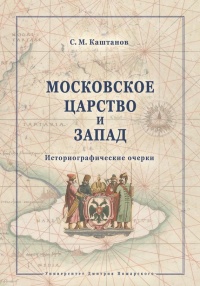Книга Социальная история Англии ХIV-XVII вв. - Татьяна Мосолкина
На нашем литературном портале можно бесплатно читать книгу Социальная история Англии ХIV-XVII вв. - Татьяна Мосолкина полная версия. Жанр: Книги / Историческая проза. Онлайн библиотека дает возможность прочитать весь текст произведения на мобильном телефоне или десктопе даже без регистрации и СМС подтверждения на нашем сайте онлайн книг knizki.com.
Шрифт:
-
+
Интервал:
-
+
Закладка:
Сделать
Перейти на страницу:
Перейти на страницу:
Внимание!
Сайт сохраняет куки вашего браузера. Вы сможете в любой момент сделать закладку и продолжить прочтение книги «Социальная история Англии ХIV-XVII вв. - Татьяна Мосолкина», после закрытия браузера.
Книги схожие с книгой «Социальная история Англии ХIV-XVII вв. - Татьяна Мосолкина» от автора - Татьяна Мосолкина:
Комментарии и отзывы (0) к книге "Социальная история Англии ХIV-XVII вв. - Татьяна Мосолкина"
























